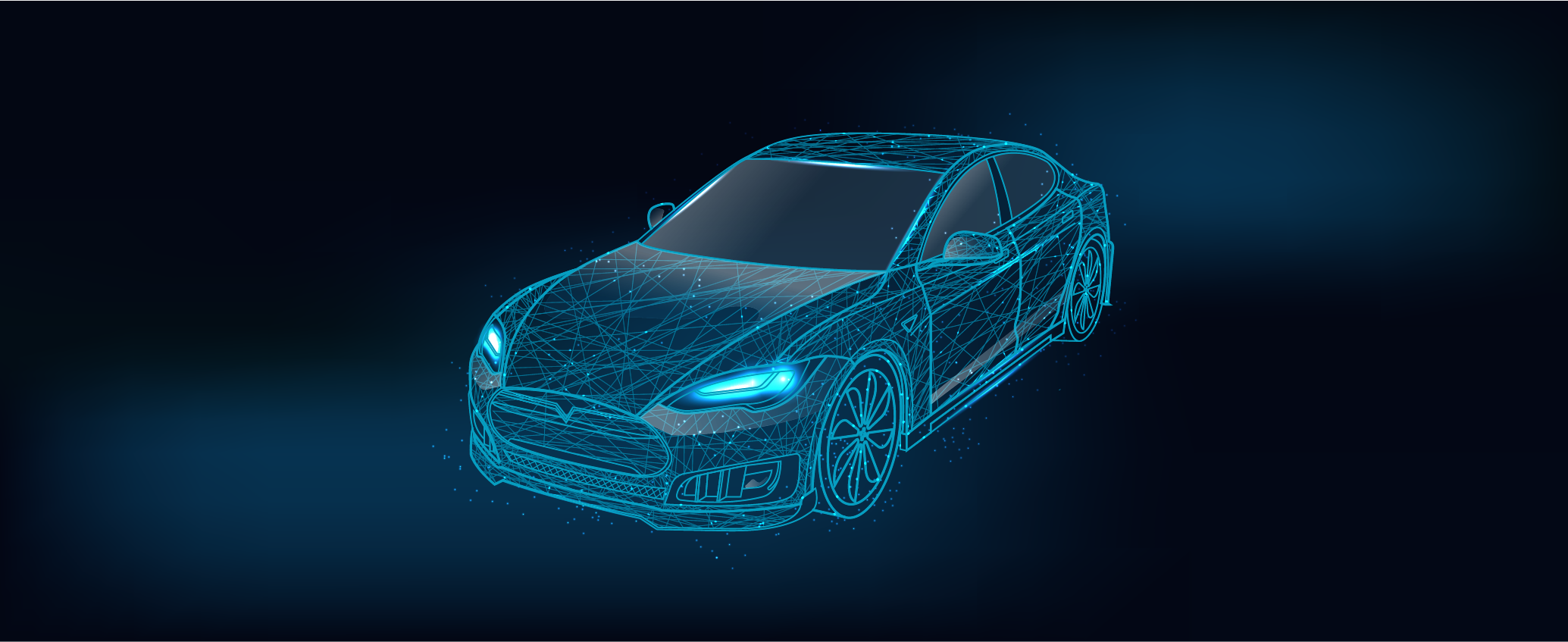
Model-Based Design (MBD) is a widely used technology for developing cutting-edge embedded software. MBD is a rich discipline that requires a strong understanding of programming languages (particularly C/C++), expertise in embedded system development, and extensive knowledge of modeling and simulation techniques.
As the amount of software generated automatically from models is constantly increasing, many industries such as automotive, aerospace, and consumer electronics have fully embraced MBD. Other industries such as bio-medical, railway, and energy are gradually shifting from traditional manual software development to model-based methods.
For young engineers, MBD is one of the most promising technologies to pursue.
Goals
This academic path will equip you with the skills and knowledge necessary to become a professional Model Based Design Enginere. As a MBD Engineer, you will have the ability to design, architect, and implement industrial-strength software for control systems. Specifically, you will be able to:
- Analyze and refine system/software requirements using modeling and simulation
- Learn the most effective simulation techniques for a specific industry
- Simulate control/supervisory algorithms and generate high-quality C/C++ code
- Test and compare the behavior of both the model and the code
- Integrate and test the code in final embedded systems
Further specialization is also available (Model Based Design for Autosar or safety critical systems, Model Based Design for Physical Systems).
This is the path for you if:
You have a passion for control systems and/or embedded software. You enjoy the challenge of developing application code that runs on an ECU (Electronic Control Unit) and you are particularly interested in industries such as automotive, transportation, or biomedical. You want to model, simulate and predict the behavior of complex systems.
Anyone can participate in this training path. Prior experience (even academic) in C/C++ programming and/or modeling and simulation in MATLAB and SIMULINK is welcome.
Modules
- Fundamentals of C Language and principles of embedded systems development
- Basic Modeling&Simulation (Matlab, Simulink and Stateflow training)
- Automatic generation of code (Matlab and Embedded coder)
- Advanced Model Based Design (Simulink Test and Coverage, GIT)